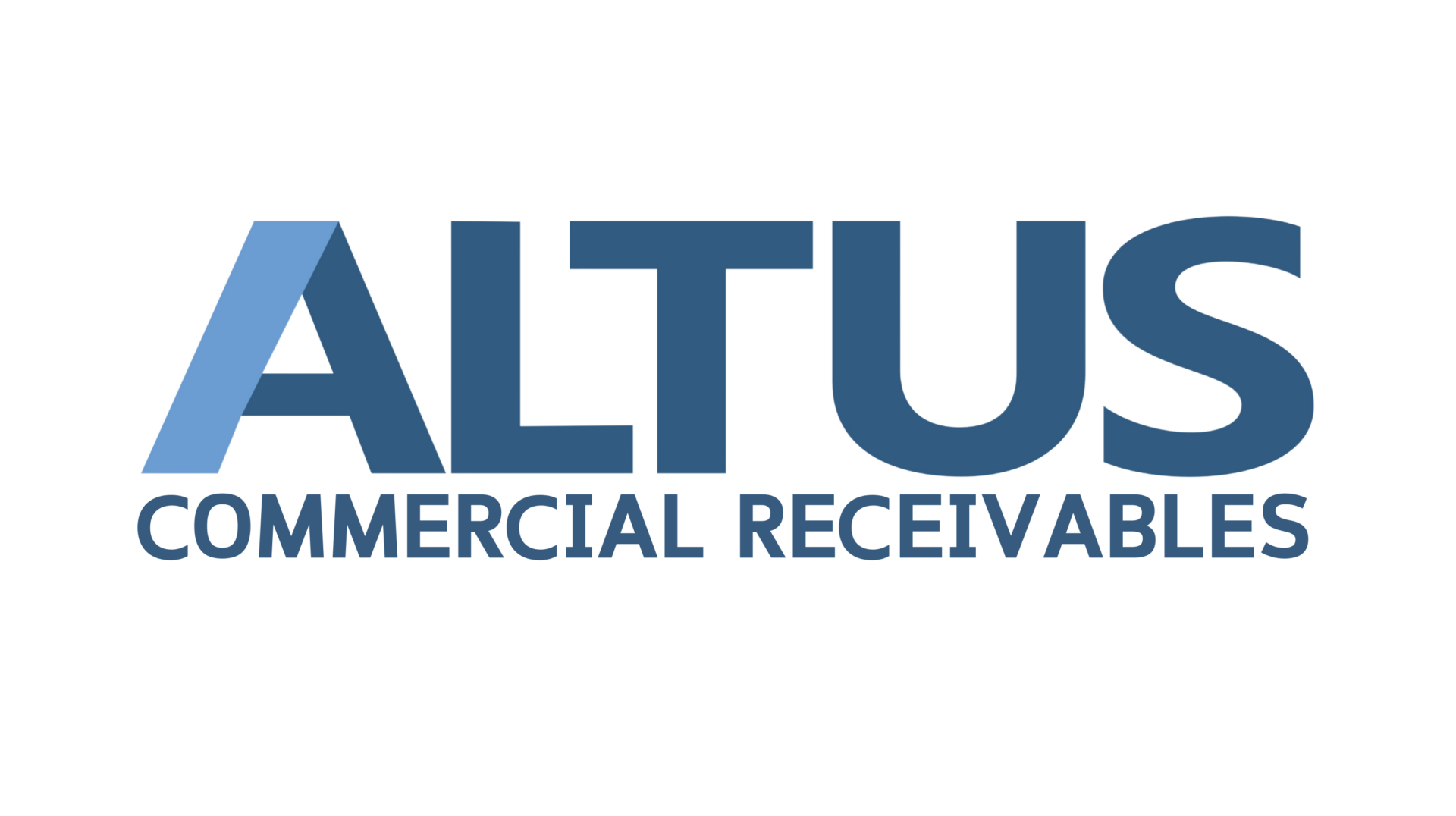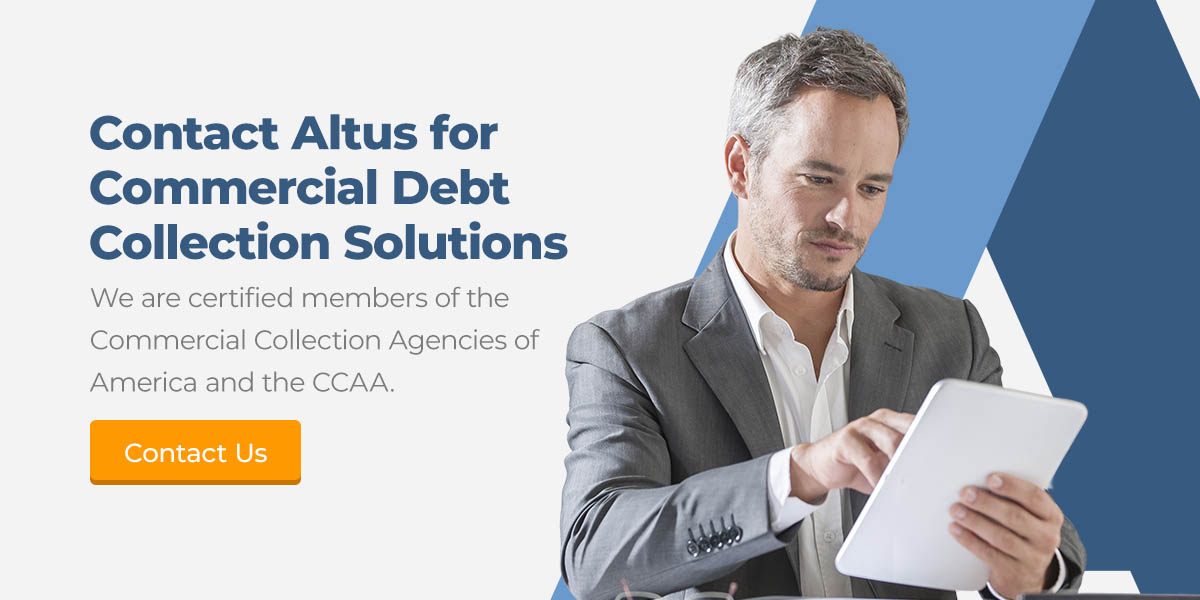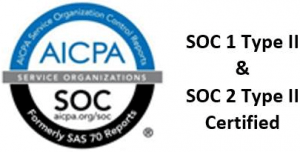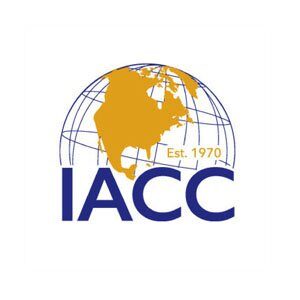A Guide for Business Owners
Chasing unpaid invoices is never fun, but for businesses of all sizes, successful commercial debt collection is crucial to keeping cash flow healthy and operations running smoothly. For SMEs (Small and Medium Enterprises), it can be the difference between thriving and struggling. Missteps in the process can lead to legal headaches, damaged reputations, and fractured client relationships—outcomes no business wants to face.
That’s why understanding commercial debt collection laws is a must for anyone handling finances, from small business owners to corporate financial managers. This guide breaks down everything you need to know: the rights and responsibilities of creditors and debtors, ethical collection practices, and the legal options available when disputes arise. Plus, discover how partnering with experts like Altus Commercial Receivables can take the stress out of collections, allowing you to focus on growing your business.
Understanding Commercial Debt Collection Laws: What You Need to Know
Chasing overdue payments from businesses isn’t just frustrating—it’s a process governed by strict commercial debt collection laws. These laws exist to ensure that debt recovery is fair, ethical, and legal for everyone involved. Ignore them, and you risk lawsuits, hefty fines, or even tarnishing your business’s reputation.
But here’s the good news: knowing the rules gives you the power to recover unpaid debts efficiently, protect your business, and keep professional relationships intact. Want to collect what you’re owed without landing in legal hot water? It starts with understanding the rules of the game.
Key Debt Collection Laws Every Creditor Should Know
The Fair Debt Collection Practices Act (FDCPA): Limited Scope for Commercial Debts
While the FDCPA primarily applies to consumer debt collection, its principles often influence state laws and best practices for ethical commercial collection. Avoid deceptive communication and harassment to maintain professionalism.
Uniform Commercial Code (UCC)
The UCC governs commercial transactions, including the sale of goods on credit. Article 9 outlines a secured party’s rights and obligations when repossessing and reselling collateral used to satisfy an unpaid obligation.
State-Specific Laws
Each state has its own set of laws regulating commercial debt collection. These laws stipulate licensing requirements, statutes of limitations, and permissible collection practices. Businesses should consult local legal experts to ensure compliance.
Bankruptcy Protection Laws (Chapter 7 & Chapter 11)
When a debtor files for bankruptcy, creditors may face restrictions in recovering debts. Familiarity with bankruptcy laws ensures creditors can determine their rights and potential avenues for reclaiming payment.
Rights and Responsibilities in Commercial Debt Collection
Dealing with debt doesn’t have to feel like walking through a maze. Understanding debtor rights and creditor responsibilities is the secret to keeping things fair and stress-free. Whether you’re juggling your own financial obligations or trying to recover owed payments, knowing the rules can protect your interests and help avoid unnecessary drama. Let’s dive into the key rights and responsibilities that keep everyone playing fair and on the same page:
Debtor Rights:
- Right to Accurate Communication: Debtors must receive truthful information regarding the nature of the debt.
- Right to Dispute: If debt validity is in question, debtors can formally dispute it until enough evidence is provided to validate the claim.
- Bankruptcy Protections: Debtors in bankruptcy proceedings are shielded from further collection activity.
Creditor Responsibilities:
- Accurate Record-Keeping: Maintain clear documentation, including contracts, invoices, and payment records, to substantiate claims.
- Ethical Practices: Avoid threats, harassment, or misrepresentation during the collection process to ensure compliance with state laws.
- Timely Pursuits: Enforce debts within the statute of limitations to avoid losing legal rights for recovery.
Best Practices for Ethical Commercial Debt Collection
Want to recover commercial debts efficiently without stepping on any toes? Here’s how to do it right while staying professional and ethical:
- Crystal-Clear Contracts: Start smart—make sure your sales agreements or service contracts clearly spell out payment terms, late fees, and consequences for missed payments. Put it all in writing to avoid messy disputes later.
- Keep Records Like a Pro: Don’t let anything slip through the cracks. Maintain detailed records of every invoice, payment, and conversation. When disputes arise, having the receipts can make all the difference.
- Let Automation Do the Heavy Lifting: Why struggle when you can streamline? Use powerful tools like Altus’s ARM STRONG™ platform to automate debt tracking, escalate issues, and send out notifications—all while staying compliant and stress-free.
- Stay Friendly, Not Frosty: Communication is key. Proactively reach out to clients to address overdue payments early. Often, a respectful conversation can resolve things without the need for harsh measures.
- Call in the Pros When Needed: For trickier cases, let the experts take over. Agencies like Altus Commercial Receivables combine cutting-edge tech, deep regulatory knowledge, and years of experience to recover debts effectively while protecting your client relationships.
Remember, recovering debts doesn’t have to be a headache—follow these tips to make the process seamless and professional!
Legal Recourse for Debtors and Creditors
When disputes escalate or laws are violated, both parties have legal recourse:
What Can Creditors Do?
- File a Lawsuit: Creditors can take debtors to court for recovery. However, legal costs and time constraints make this a last resort.
- Utilize Legal Forwarding Services: Partner with agencies like Altus, which have networks of commercial debt attorneys to take your case to court efficiently.
- Secure a Lien or Garnishment: With court approval, creditors may recover funds by claiming business assets or garnishing accounts receivables.
What Are Debtors’ Options?
- Dispute Debt: If debt information is inaccurate, debtors can challenge its validity through appropriate legal channels.
- Seek Mediation: Resolve disputes with creditors outside court to save time and expense.
- File for Bankruptcy: Businesses in financial distress can temporarily or permanently pause collection efforts through legal bankruptcy proceedings.
Both creditors and debtors should seek professional advice in sensitive cases involving disputes or violations.
How Altus Simplifies Commercial Debt Collection
Commercial debt recovery doesn’t have to be a headache. Partnering with Altus Commercial Receivables–North America’s #1 Commercial Collection Agency–offers tailored, compliant solutions for your business’s specific needs.
- Expertise You Can Trust: Every Altus collector has 12+ years of experience.
- Certified by the Commercial Law League of America (CLLA) and other prominent associations.
- Technology That Streamlines Recovery: The ARM STRONG™ platform, built in collaboration with Salesforce, automates key collection workflows, allowing you to monitor progress with 100% transparency.
- Comprehensive Services: From international collections to legal forwarding assistance, Altus handles even the most challenging accounts.
- Success Story: Over 100,000 debtor contacts managed each month.
Maximize Debt Recovery While Staying Compliant
Understanding and complying with commercial debt collection laws are essential steps toward maintaining business integrity and financial health. By following best practices and leveraging innovative tools and expert assistance, businesses can recover debts ethically and effectively.
Altus Commercial Receivables combines legal expertise, advanced technology, and decades of experience to deliver unmatched commercial debt collection services. Don’t leave money on the table or risk non-compliance. Contact Altus today to drive results while strengthening your business relationships.







